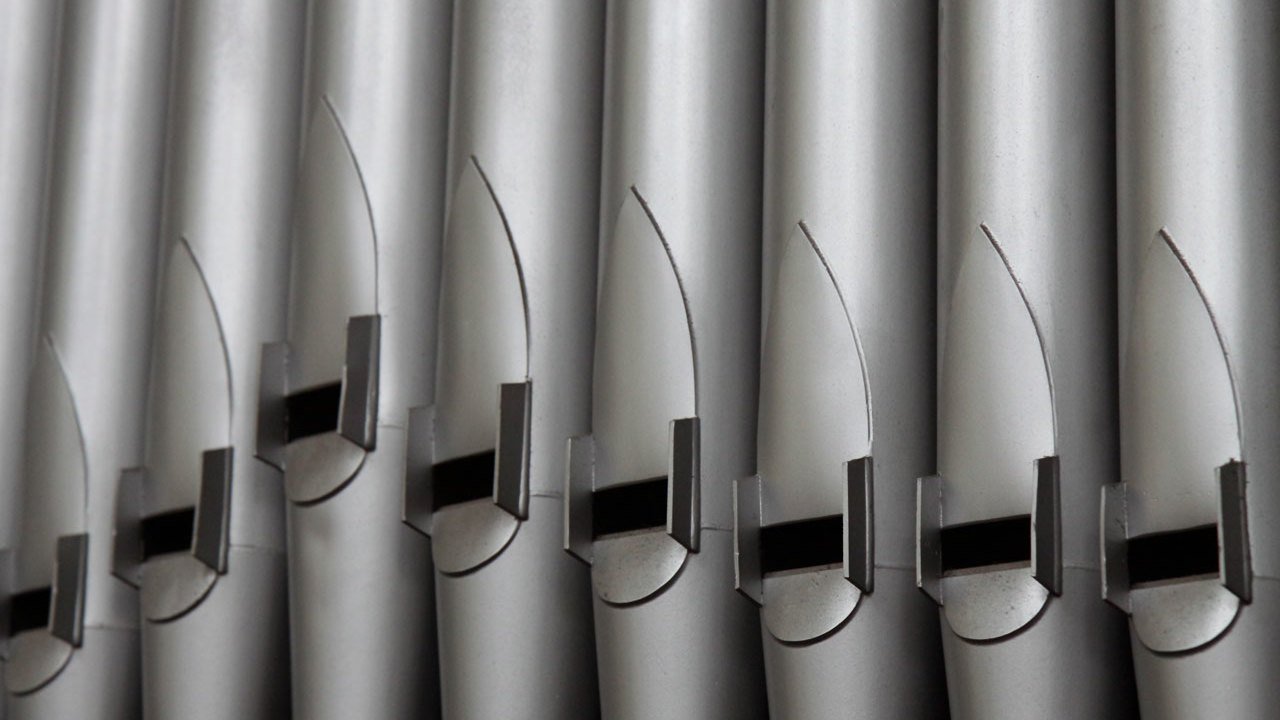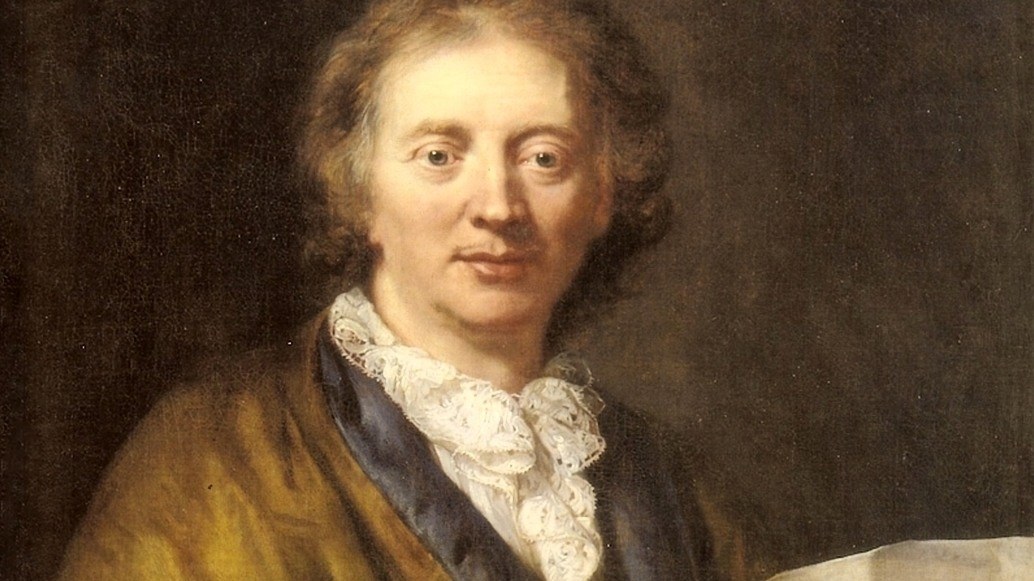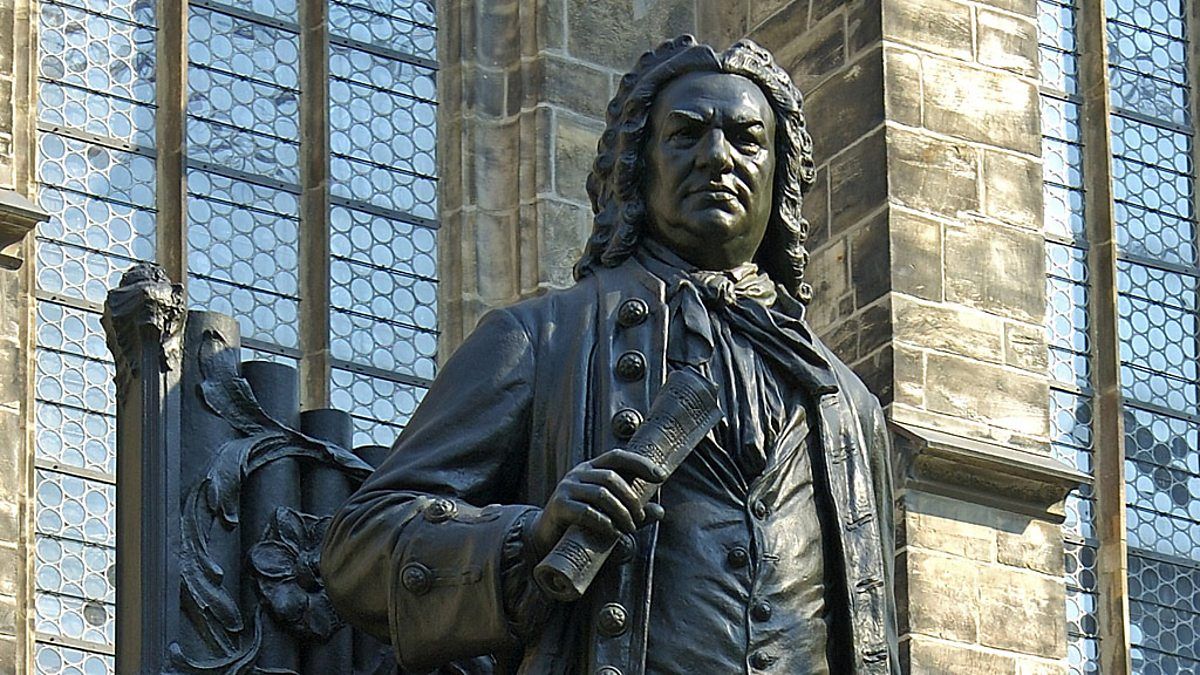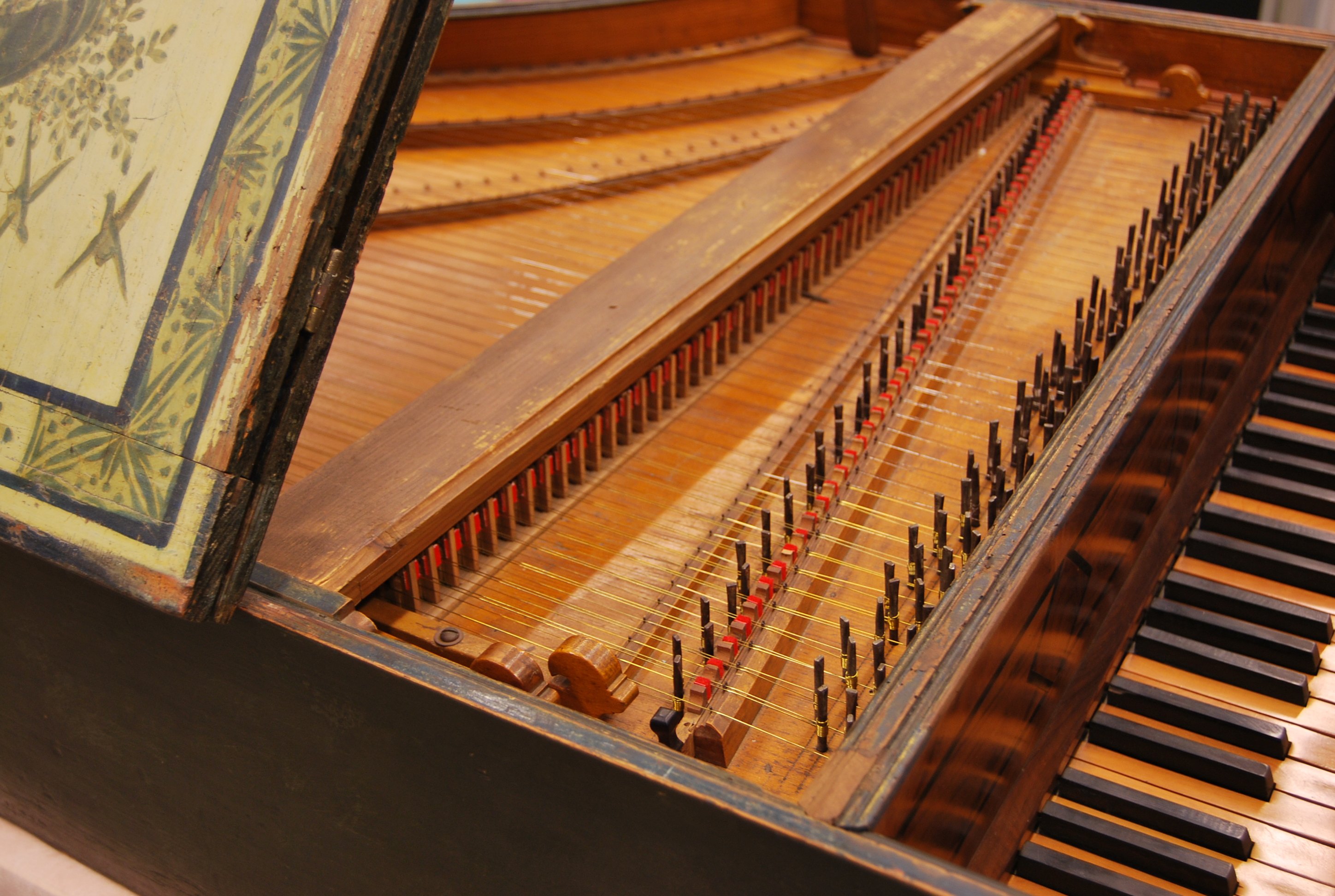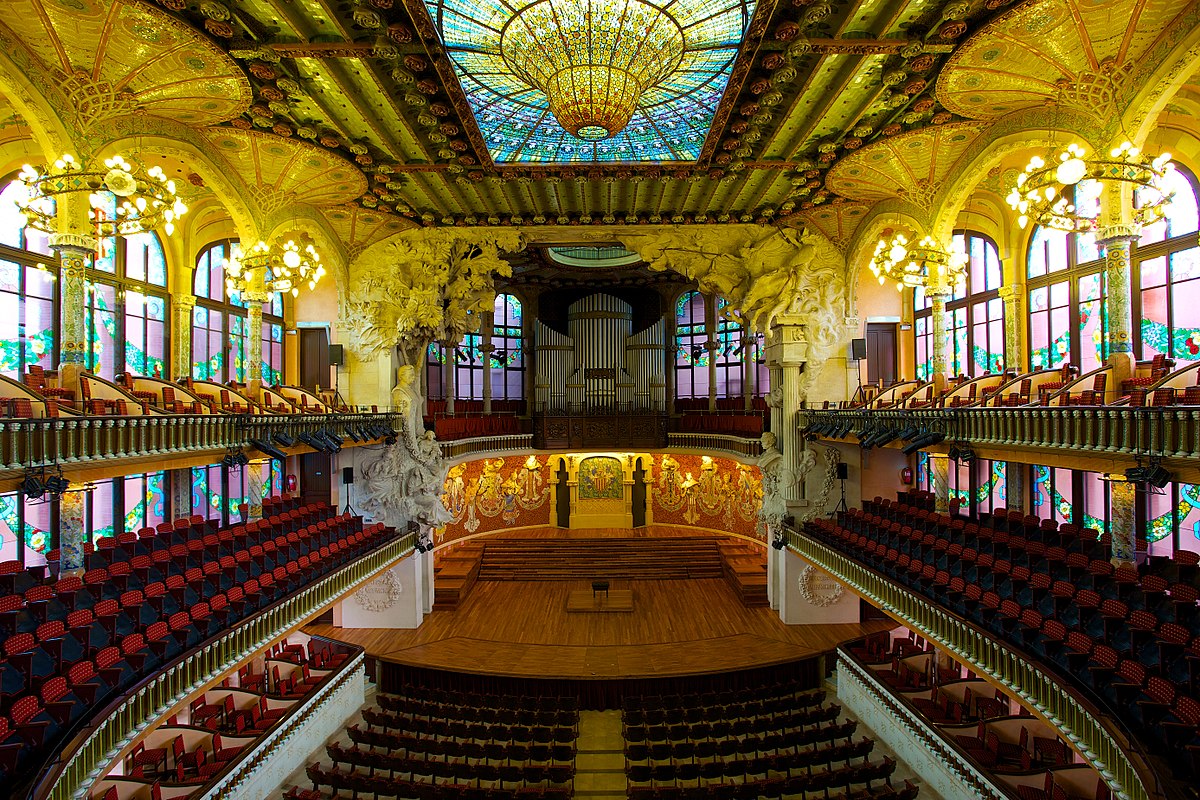Bach’s “Passacaglia and Fugue in C Minor” and the Power of Repetition
A simple idea or statement, persistently repeated, can take on a unique power. The idea seems to come alive, gradually seeping into our consciousness and demanding our attention and respect. Perhaps this is part of the profound magic of J.S. Bach’s Passacaglia and Fugue in C minor, BWV 582, written sometime between 1706 and 1713 when the composer was in his early twenties. It begins with that simple, repeating statement- a quietly unassuming, stepping passacaglia …

